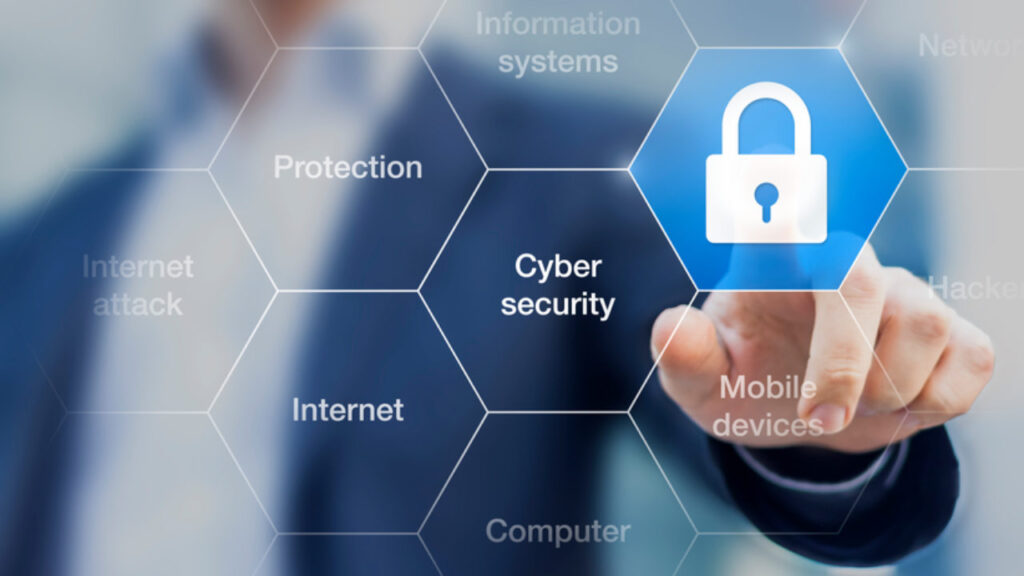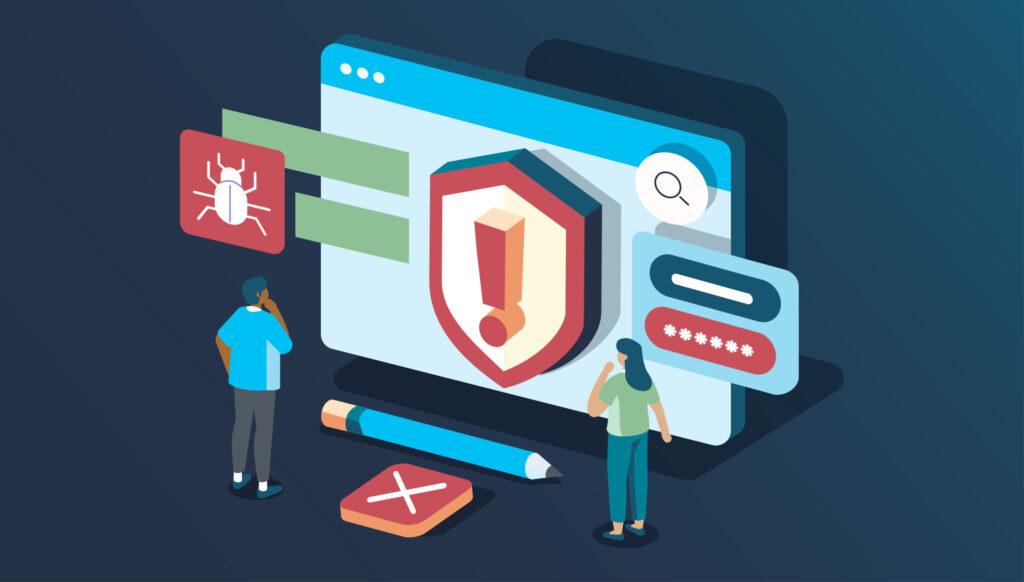A Guide to Information Technology Security and How to Protect Yourself From Hackers
Today, a significant trend is how businesses and companies use technology to their advantage. Every new day, it seems like the world of technology has gone a step further than before. Some organizations use this to their advantage by investing in more information and data security.
Throughout the world of technology, businesses and companies are still living with the dangers of information technology security. They fear that it can cost them their valuable data or lead to cyber-attacks. However, information technology security cannot be overlooked as it is not just important but vital for companies to have a secure network.
What Is Information Technology Security
IT security protects information systems from unauthorized access, use, disclosure, disruption, modification, or destruction while automating the process via technical controls. IT security covers all aspects of computer security, including physical device security, computer operating system (OS) security, and application software/web application security. The goal of IT Security is to protect critical data from unauthorized access or use and protect against adverse impacts by malicious software and malicious users.
What Is the Importance of Information Security

Information Technology security is an important aspect of every organization as it provides constant protection against cyber-attack attacks, malware, and other threats. We have seen a significant increase in the number of security breaches, which has led to information technology security at the forefront of many businesses.
At one point, you may feel that you are a big organization and cannot get an attack, but in reality, anyone can be hacked. This is simply that there are no boundaries to cyber crimes and security threats – it’s just a matter of time. If you don’t have proper security measures, you risk your company’s data and customer information.
In today’s business world, the need for information technology is unparalleled. There is no escape from it, as it plays an integral part in organizations’ daily activities. Without adequate IT security, businesses are susceptible to legal liabilities.
Information technology security is just as important to organizations as to individuals. Besides the potential legal issues, information security violations can negatively impact the organization’s reputation. A lack of IT security can also lead to other problems like data breaches and ransomware attacks.
What Does Information Technology Security Do for You
There are many ways information technology security can help protect you from cybercrime and malware attacks. It is important to know that the type of security management you choose to provide quality security measures you use will largely determine your level of protection. Here is what the security does.
- Use encryption technologies to protect sensitive data and passwords.
- Enforce security control policies such as password complexity, 2-factor authentication, smartcards, etc.
- Restrict access to IT systems and networks from outside attackers.
- Maintain business continuity plans that are separate from internal IT systems and networks.
- Provide confidence and peace of mind to business owners.
What Are the Dangers that IT Security Faces?

IT security’s dangers are some of the most ramifications that the world has to deal with. The biggest danger is the malware which continues to come in different variations and for different purposes. It can infect network devices and other systems to steal sensitive data from organizations. Below is the most common one.
- Viruses: A virus is a piece of software that can do all sorts of things, like steal data or damage your devices. A virus may even be one self-copying threat that replicates itself all over your device. It needs to have three traits – stealth, virulence, and self-replication if it’s a virus.
- Ransomware: This is a malicious software that encrypts your files and demands money for a key to decrypt them. This type of malware is especially dangerous because it can be indiscriminate in who it targets, meaning that a company could lose the vital information of its clients. The only way to avoid the virus would be to pay the ransom.
- Spyware: Spyware is malware that gathers information about your computer without your consent and sends it to another entity without your knowledge. It can also forward keystrokes, webcam, and online activities to third parties without your permission. Spyware is usually designed for profit for cybercriminals or intelligence agencies to gather information about individuals or groups. This is one of the most common threats in today’s digital world despite being difficult to detect.
What Are the Overall Money Losses in the Market Due to Cyber Theft and Ransomware?
The cost of cybercrime is a growing concern for many people today. Cybercriminals are infiltrating banks, stealing money, identity theft, making fraudulent transactions, and even more to steal hard-earned money from people worldwide.
The annual cost of cybercrime will hit $6 trillion USD by 2024. Cybercrime, which currently accounts for less than 2% of all losses, is predicted to inflict damage and losses worth 10.5 trillion by 2025, rising from 6.7 million cases in 2016 to 13 million cases by that year.
There was a large financial loss during coronavirus because of $1 trillion due to cyber theft and malware. With so much money lost from the Market, investors wanted to learn more about what could be done to protect their assets from such losses.
In 2017, a cybersecurity firm called Cybersecurity Ventures estimated that these attacks caused at least $2.3 billion in worldwide damages – up from the $345 million costs just two years earlier. The year 2018 showed an $ 8 billion loss for investors. 2019, on the other hand, has shown an estimated loss of $ 11.5 billion. The overall losses of money in the market were higher than ever expected. In 2024, cybercrime ransoms cost 6 trillion dollars, with the ransomware amount of 20 billion dollars.
Some Cybersecurity Facts for Businesses

Cybersecurity is not a new thing, but it is becoming more and more important for businesses to have in place. With the rapid growth of technology and the constant changing of new technologies, we’ve seen cybercrime rise. The following are some facts for business owners about cybersecurity and why you might want to seek a company who does IT security monitoring.
- Nearly 25% of ransomware targets manufacturing companies, professionals services, and government organizations. Many industries such as healthcare, financial, manufacturing, retail, and IT have been especially targeted by ransomware and data breaches in recent years
- In 2020, 17 apps were affected by malware and removed from the Google Play Store. The most likely apps to be attacked by malware do not require any sophisticated knowledge to use as entertainment and lifestyle.
- According to the Symantec threat report, malicious email campaigns do not only target big organizations. Small companies seem to be equally affected by these emails as well. According to the report, small companies have 1-250 employees affected by malicious email campaigns, with a median estimate of 1-324.
Final Thought
The world has changed a lot since its inception and so have the information security rules. The methods used by hackers have evolved, but so has our ability to deal with these hackers and other threats. That’s probably why you need to ensure that your organization or company has an adequate IT security level.
People nowadays are using technologies for their productivity and their entertainment. And in this case, information technology security is imperative for personal and business life.







